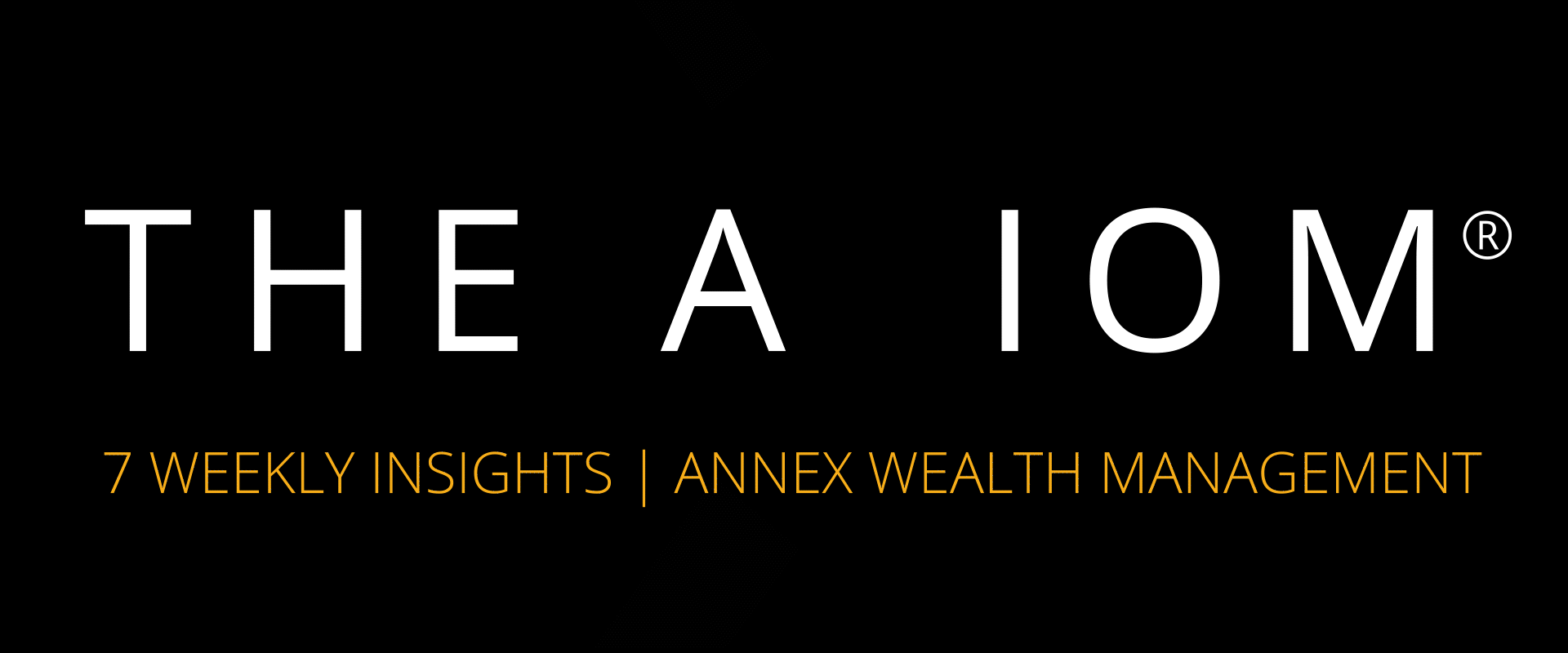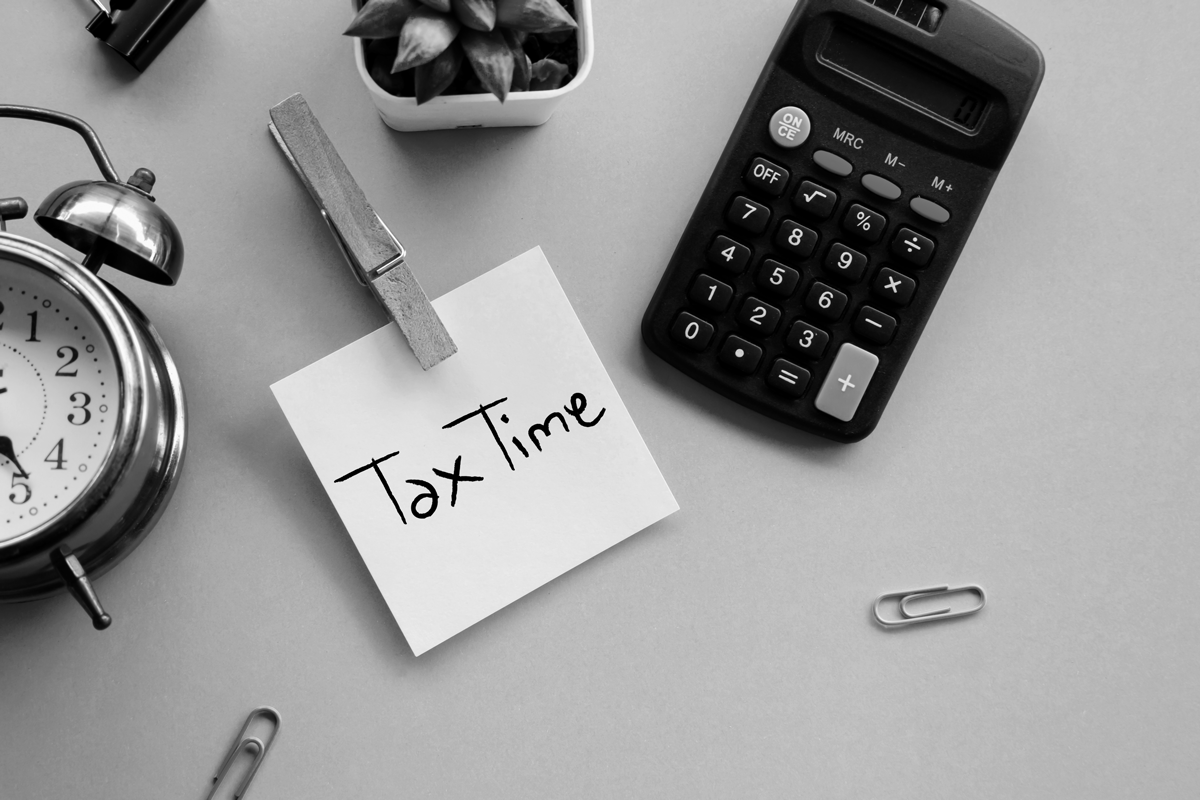
A benign CPI report showed inflation cooling off, a sign that the Fed could pause increasing the Fed funds rate. The current environment offers alternatives to equities for some investors. Annex Wealth Management’s Dave Spano and Derek Felske discuss.
The IRS says tax filing season starts January 23rd, but thankfully that doesn’t mean you have to file your tax returns quite that early. The official deadline for filing your 2022 tax return without needing an extension is April 18, 2023.
Last week, we asked when you typically file taxes. February and March are when most polltakers said they get this done, with 67% selecting one of these two months. April was third-most common, with 24%. A mere 2% are early birds and typically file their taxes in January, while 3% file after April with an extension. While most have their systems in place to file their returns, there were still 4% of people saying it really depends on the year for when they get that done.
GET STARTED →
BACK TO TOP ↑
Get Organized For Income Taxes

You’re probably already receiving tax documents from many sources, including your employers, investment firms, and more. So, you know what time it is: time to get yourself organized and prepared to file your 2022 tax returns.
One easy way to keep yourself from being overwhelmed is to create a folder on your computer’s desktop. Or maybe it’s a real folder on your real desktop or kitchen counter. In either case, create a perfect place to stash incoming tax documents.
Some of the personal information you may need:
- Social Security numbers and dates of birth for you, your spouse, and your dependents
- Copies of last year’s tax return for you and your spouse are helpful. (If you filed using one of the popular tax filing websites, they may have archived a copy for you online)
- Bank account number and routing number for making a payment or receiving a refund
As you start receiving information on your income sources, make sure you review your withholding. Taxes can be withheld from income sources such as wages, pensions, social security, and more. As time goes by, your circumstances and tax laws may change. It’s wise to periodically review your withholding.
Information about your income you may need, if applicable:
- W-2 forms for you and your spouse
- Investment income—various Forms 1099 (-INT, -DIV, -B, etc.), K-1s, stock option information
- Income from state and local income tax refunds and/or unemployment: Forms 1099-G
- Business or farming income—profit/loss statement, capital equipment information
- If you use your home for business—home size, office size, home expenses, office expenses
- IRA/pension distributions—Forms 1099-R
- If all or part of your distributions went directly to charity as a qualified charitable distribution (QCD), distributions will generally be tax free. However, the 1099-R will not provide this information, so it is important to provide the QCD amount with any related 1099-R
- Rental property income/expense—profit/loss statement, capital asset information
- Social Security benefits—Forms SSA-1099
- Income from sales of property—original cost, cost of capital improvements, total amount depreciated, closing statement, 1099-S if received
- Other miscellaneous income—jury duty, gambling winnings, Health Savings Account (HSA) distributions – Forms 1099-SA, scholarships, etc.
Deductions and credits:
Here are some examples of deductions and credits that may help to reduce your taxable income or reduce the amount of tax you owe.
- IRA contributions – Forms 5498
- Student loan interest – Forms 1098-E
- Health Savings Account (HSA) contributions – Forms 5498-SA
- Educator expenses
- Child-care costs
- Adoption costs
- Home mortgage interest and points you paid — Forms 1098
- Medical and dental expenses (including medical miles driven)
- Charitable contributions
Taxes you’ve paid:
Keep track of the taxes you’ve already paid so you can prevent overpaying:
- State and local income taxes paid
- Real estate taxes paid
- Estimated tax payments made during the year, prior year refund applied to current year, and any amount paid with an extension to file.
BACK TO TOP ↑
Annex Wealth Management’s Sarah Kyle and Matt Morzy answer several Ask Annex questions:
“What is your opinion of online banks?”
“Should I consolidate retirement accounts from previous employers once I become eligible for benefits at my new company?”
“What should I use to set up index funds for my grandkids?”
Do you have a question for Annex Wealth Management? Drop it here: annexwealth.com/ask
BACK TO TOP ↑

BACK TO TOP ↑
BACK TO TOP ↑